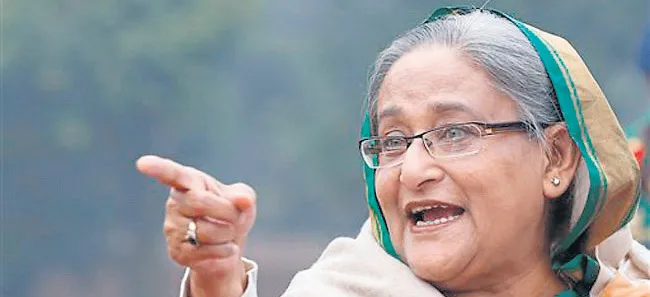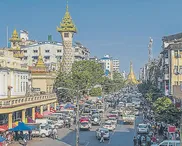Since 2013, Bangladesh has been experiencing a series of targeted assassinations of bloggers, journalists and academics, who have been hacked to death with knives and machetes as a result of being perceived to have criticised Islam.
In the latest attacks in April, a professor of English and the editor of a magazine, together with his friend, were brutally murdered by knife-wielding gangs.
Challenging radical Islam
Although these attacks have primarily targeted atheists, the common factor in all of those who have been murdered has been criticism of radical Islam, particularly Bangladesh’s largest Islamist party, the Jamat-i-Islami. The murder of one such victim, a Muslim university lecturer who had stopped his female students from wearing the burqa (a full-length robe including a face covering with only a grill to see through) because he believed it could be used to cheat in exams, was justified by his killers on the grounds that he was a murtad (apostate), for which shari’a requires a compulsory death penalty for adult males.








